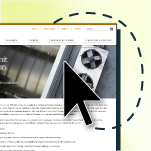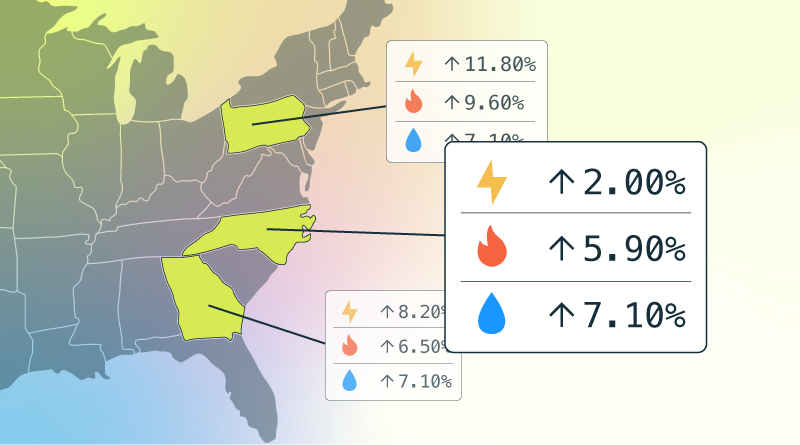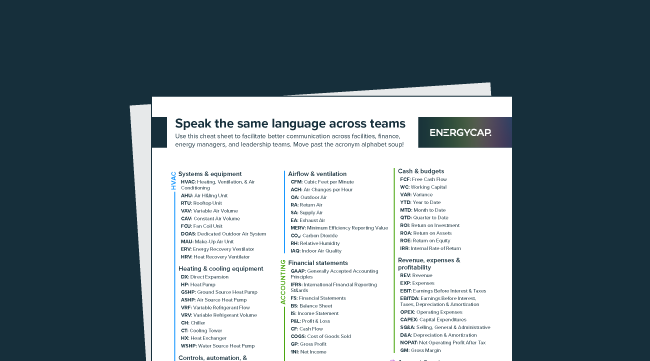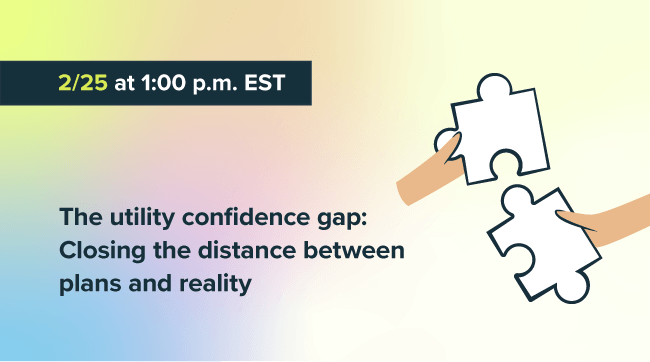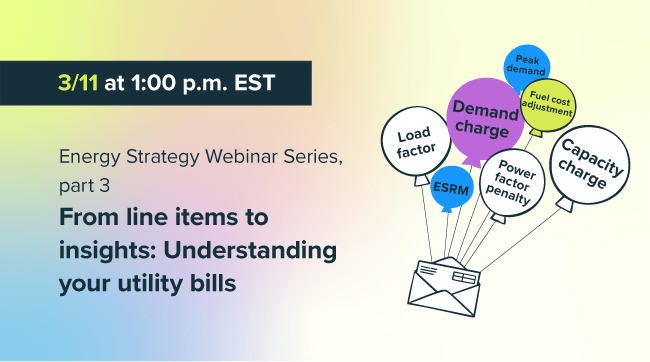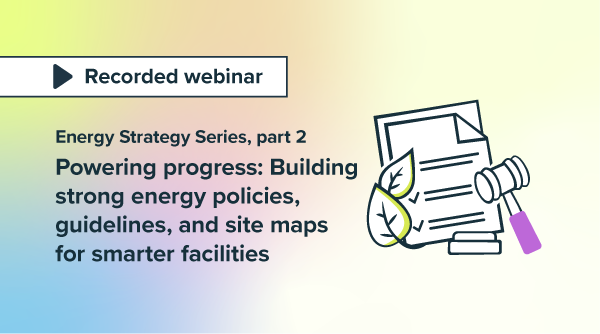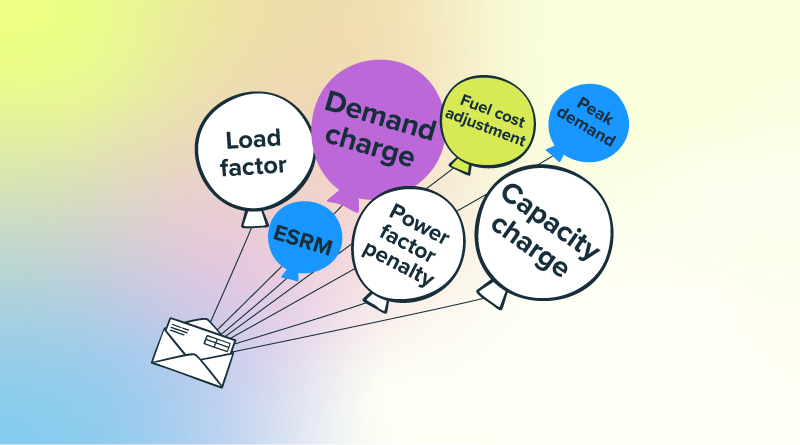Hospitals are in the business of saving lives. But it turns out they’re also part of a bigger problem. The U.S. healthcare system is responsible for 8.5% of national greenhouse gas (GHG) emissions, making it one of the largest carbon footprints of any industry. From anesthetic gases to sprawling energy-intensive campuses, healthcare systems are under increasing pressure to measure, report, and reduce their emissions.
It’s not about going green, it’s about meeting regulatory obligations, protecting reputational capital, and future-proofing operations against climate and financial risk. And while sustainability can feel abstract, GHG reporting is is very real.
Here’s what healthcare organizations need to know and how EnergyCAP can help turn compliance into an advantage.
The GHG accounting breakdown: Scopes 1, 2, and 3
Healthcare sustainability starts with understanding how emissions are categorized:
- Scope 1: Direct emissions like onsite fuel use (e.g. boilers, generators), fleet vehicles, refrigerant leakage, and anesthetic gases.
- Scope 2: Indirect emissions from purchased electricity, steam, or chilled water.
- Scope 3: Everything upstream and downstream from supply chains, staff and patient transportation, waste, food, water, capital goods, and more. In healthcare, Scope 3 is typically 80–90% of total emissions.
And here’s the kicker: Most hospital systems only track Scope 1 and 2, which leaves the majority of their emissions and regulatory risk completely unaccounted for.
Compliance: What’s required vs. what’s coming
If you’re not paying attention to climate disclosure yet, you will be.
Federal landscape
- HHS Climate Pledge: Over 650 hospitals have pledged to cut emissions 50% by 2030. Voluntary now, but increasingly influential.
- CMS Decarbonization Initiatives: Early-stage voluntary programs that may pave the way for more structured requirements.
- SEC rules: If you’re a publicly traded health system or have investors sniffing around, Scope 3 disclosure is on the table.
State-level regulations
- Massachusetts: Requires third-party verified GHG reporting for hospitals starting in 2025.
- California (SB 253 & SB 261): Large entities (including hospital chains) must report full Scope 1-3 emissions and climate risks annually.
- New York and other states are following similar climate disclosure legislation.
1. Utility data management at scale
EnergyCAP is built for multi-site, high-consumption organizations like hospital networks. It automatically ingests and normalizes utility bill data (electricity, natural gas, water, steam, etc.) across facilities, geographies, and utility vendors.
- Simplifies Scope 1 and 2 accounting using actual bills, not estimates.
- Tracks facility-level consumption, costs, and emissions by site, region, or system-wide.
Why it matters
You need defensible, meter-level data to meet verification standards in places like Massachusetts or California. Spreadsheets won’t cut it anymore.
2. Automated GHG calculations
EnergyCAP includes built-in emissions factors for EPA eGRID, GHG Protocol, and IPCC methodologies. Not all of the top energy management companies offer carbon reporting capabilities, but EnergyCAP is designed to help you achieve maximum energy savings. It automatically translates utility use into carbon emissions.
- Scope 1 and 2 emissions by location and time period
- Tracks change year-over-year, facility-to-facility
Supports emissions reduction target tracking and performance benchmarking
Why it matters
Regulators and accrediting bodies want not just totals but trendlines, targets, and proof of progress.
3. Workflow and audit tools for regulatory compliance
EnergyCAP supports data validation workflows, third-party access, and audit trails. This is critical if you’re subject to third-party verification or preparing for ESG investor scrutiny.
- Secure, centralized repository for energy and emissions data
- Role-based access for finance, sustainability, and operations teams
- Prepares export-ready reports for regulators, auditors, or stakeholders
Why it matters
If your reporting ever gets challenged, you need traceability and defensibility baked in.
4. Dashboards for stakeholders who don’t want to read spreadsheets
EnergyCAP provides custom dashboards and reports to make sustainability metrics digestible for:
- C-Suite executives
- Facilities and energy managers
- ESG and compliance officers
- Public relations and investor relations teams
Why it matters
Whether you’re reporting to investors, boards, or patients—clear communication builds trust and credibility.
Real talk: What healthcare leaders should be doing now
If you’re not required to report yet, that’s not a pass. It’s time to get your house in order while you still have flexibility.
Here’s your quick-start plan:
- Get your utility data centralized. That’s your Scope 1 and 2 backbone. If it’s sitting in inboxes and spreadsheets, start there.
- Pick a GHG protocol and stick to it. EnergyCAP supports standard emissions methodologies, so you don’t have to reinvent the wheel.
- Map your Scope 3 exposure. Start with waste, travel, purchasing, and refrigerants.
- Invest in verification-ready tools. Manual reports will not stand up to future audits.
- Track reduction strategies. LED retrofits, electrification, and/or HVAC upgrades require capital. If you’re investing, you better be quantifying the impact.
Compliance is coming—EnergyCAP helps you beat the rush
Hospitals are complex ecosystems—lifesaving, energy-hungry, and heavily scrutinized. GHG reporting isn’t just about carbon. It’s about cost control, operational transparency, and strategic readiness.
EnergyCAP doesn’t just track data. It builds your system’s credibility. It helps turn fragmented, messy utility bills into actionable insights and audit-ready reports. And it gives your sustainability, energy, and finance teams one source of truth in an increasingly regulated environment. With EnergyCAP, hospitals can move beyond spreadsheets and uncertainty to achieve compliance, transparency, and long-term sustainability success.
See how EnergyCAP can help healthcare teams 



